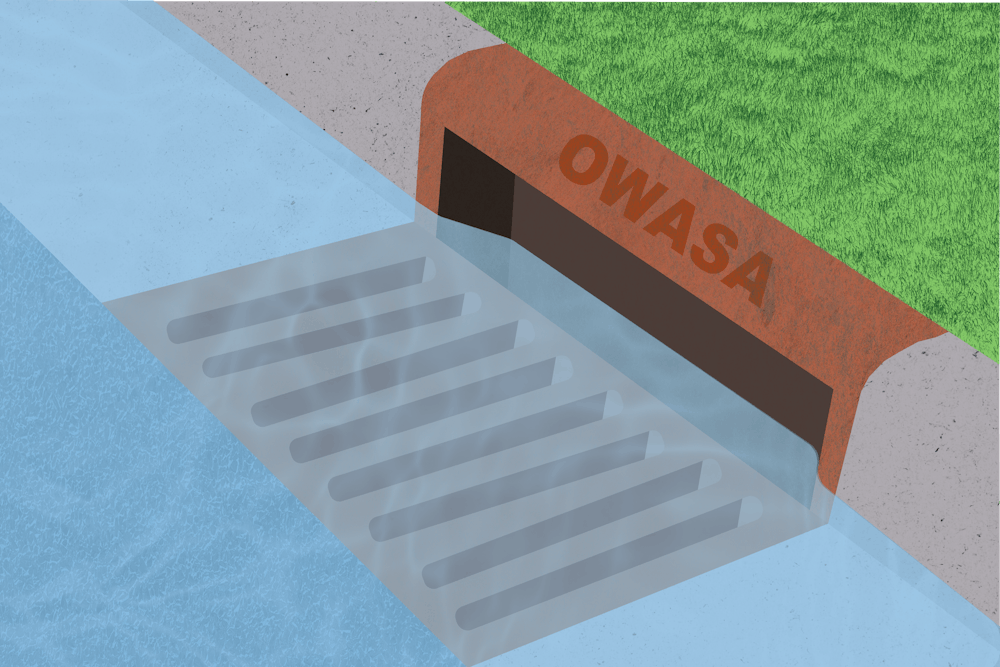The Chapel Hill Town Council will vote on May 1 to increase stormwater requirements from 25-year storms to 100-year storms as part of the Town's effort to support its climate action and sustainability goals.
There is a four percent chance that a 25-year storm will occur over a 24-hour period in any given year, according to Todd BenDor, a UNC professor of city and regional planning. There is a one percent chance that a 100-year storm will occur over a 24-hour period in any given year, he said.
Chapel Hill Town Council member Melissa McCullough said that storm probability calculations are made using data from past storms — but because climate change is causing more severe and frequent storms, relying on historical patterns will not be as accurate.
McCullough said the Town aims to prevent flooding by increasing the stormwater requirements for new developments and redevelopments.
“If you think about any given house being built, or any given store being built, and you're saying, 'It's a little bit more impervious surface, which is going to cause a little bit more runoff, which means that when we get a big storm there’s more water that’s going into streams faster, but just a little bit,'" BenDor said. "So nobody is ultimately responsible for floods downstream, even though everyone is responsible for floods downstream."
He said while the Town is aware of the importance of stormwater management, the Town's hands have been tied because there are only so many policy tools they can use to build developments on public property.
McCullough said many of the Town's current problems result from the Town being built without an understanding of stormwater. The burden of stormwater control now falls on newer developments, she said.
She said the Town collects money for a stormwater utility fund through property taxes. She said the Town has built stormwater control structures, and there was a plan to build more, but it was determined that the new structures were too harmful to ecosystems. The Town, she said, is still working to address stormwater control issues.
“The one thing that it does emphasize to people is that, wherever you can, redevelop an existing site, because that already has been impervious and you won’t have to control as much in terms of trying to address the cost issue,” she said.




